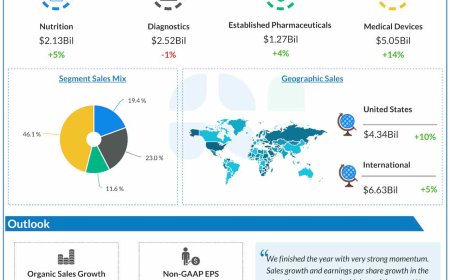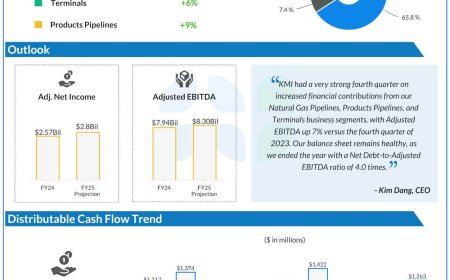USD / CAD - Canadian dollar falling off a cliff
- Divergent Canadian and US economic outlooks sinking Loonie. - Markets take a breather ahead of next week’s FOMC meeting. - US dollar in demand across the board. USDCAD: open1.4221, overnight range,1.4213-1.4244, close 1.4220, WTI $70.83, Gold, $2666.89 The Canadian dollar took it on the chin again yesterday, but it had a lot of company. US weekly jobless claims proved resilient and gave traders another reason to suggest that the Fed may be less aggressive in lowering interest rates than previously thought. A host of US economic reports paints a picture of a slowing but very resilient US economy buoyed by stock market gains and the promise of personal and corporate tax cuts. It is a very different outlook in Canada. The economy is barely above water. The unemployment rate is soaring, and it seems like it is only governments hiring workers. The Bank of Canada slashed its benchmark rate by 50 bps this week, which was the second consecutive 50 bp rate cut. Meanwhile, the Federal government is doing all it can to crush the domestic energy industry. Yesterday, Environment Minister Stephen Guilbeault announced another increase in the carbon emission target to decrease emissions by 45-50% of 2005 levels. Asian equity markets followed Wall Street’s lead and closed lower. Hong Kong’s Hang Seng index lost 2.09%, Japan’s Topix fell 0.95%, and Australia’s ASX 200 index was down 0.45%. European bourses bucked the trend, and a 0.23% gain in the German DAX is leading the others higher. S&P 500 futures are up 0.35% while the US 10-year Treasury yield is 4.35%. EURUSD drifted in a 1.0453-1.0496 range overnight. Prices are weighed down by yesterday’s ECB 25 bp rate cut and signals for further cuts at the next few meetings. Several ECB officials seem to agree with that view. GBPUSD continued its decline from the previous day, trading in a 1.2619-1.2684 range. Traders reacted negatively to disappointing economic growth data for October, which showed a 0.1% contraction against forecasts for a 0.1% gain. This marked the second consecutive month of a 0.1% decline. Additionally, Manufacturing Production and Industrial Production figures came in below expectations. USDJPY traded in a 152.46-153.66 range due to higher US 10-year Treasury yields and lower odds of a Bank of Japan rate increase next week. AUDUSD was subdued and drifted in a 0.6354-0.6376 band. Gains are capped by ongoing strength in the U.S. dollar and persistent concerns about the Chinese economy

- Divergent Canadian and US economic outlooks sinking Loonie.
- Markets take a breather ahead of next week’s FOMC meeting.
- US dollar in demand across the board.
USDCAD: open1.4221, overnight range,1.4213-1.4244, close 1.4220, WTI $70.83, Gold, $2666.89
The Canadian dollar took it on the chin again yesterday, but it had a lot of company. US weekly jobless claims proved resilient and gave traders another reason to suggest that the Fed may be less aggressive in lowering interest rates than previously thought.
A host of US economic reports paints a picture of a slowing but very resilient US economy buoyed by stock market gains and the promise of personal and corporate tax cuts.
It is a very different outlook in Canada. The economy is barely above water. The unemployment rate is soaring, and it seems like it is only governments hiring workers. The Bank of Canada slashed its benchmark rate by 50 bps this week, which was the second consecutive 50 bp rate cut. Meanwhile, the Federal government is doing all it can to crush the domestic energy industry. Yesterday, Environment Minister Stephen Guilbeault announced another increase in the carbon emission target to decrease emissions by 45-50% of 2005 levels.
Asian equity markets followed Wall Street’s lead and closed lower. Hong Kong’s Hang Seng index lost 2.09%, Japan’s Topix fell 0.95%, and Australia’s ASX 200 index was down 0.45%. European bourses bucked the trend, and a 0.23% gain in the German DAX is leading the others higher. S&P 500 futures are up 0.35% while the US 10-year Treasury yield is 4.35%.
EURUSD drifted in a 1.0453-1.0496 range overnight. Prices are weighed down by yesterday’s ECB 25 bp rate cut and signals for further cuts at the next few meetings. Several ECB officials seem to agree with that view.
GBPUSD continued its decline from the previous day, trading in a 1.2619-1.2684 range. Traders reacted negatively to disappointing economic growth data for October, which showed a 0.1% contraction against forecasts for a 0.1% gain. This marked the second consecutive month of a 0.1% decline. Additionally, Manufacturing Production and Industrial Production figures came in below expectations.
USDJPY traded in a 152.46-153.66 range due to higher US 10-year Treasury yields and lower odds of a Bank of Japan rate increase next week.
AUDUSD was subdued and drifted in a 0.6354-0.6376 band. Gains are capped by ongoing strength in the U.S. dollar and persistent concerns about the Chinese economy











































